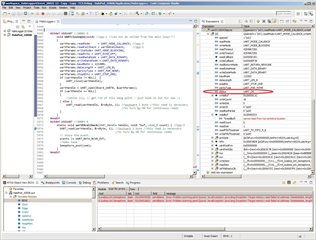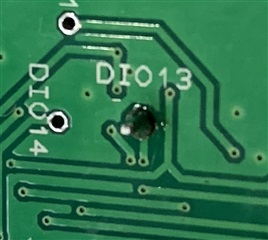Part Number: CC2640
My ProjectZero based project which has been working with a UART read callback function has suddenly stopped having the UART read callback being triggered from one debug session to the next without me knowingly changing any code or project settings .
This is a large project (over 6000 lines of my own code added) and I am close to running out of both Flash and SRAM, however as reported by ROV, my stack sizes are fine (even too big for hwiStackSize) and my Heap usage is well below max size with no errors.
ROV does report some sort of Queue error as shown in the below images, do these Queue errors mean anything with regard to my current issue?
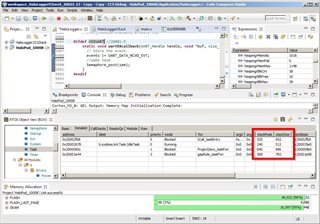
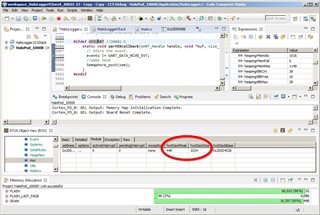

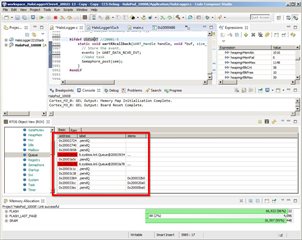
Are there any other ways of trying to find out why the UART read callback is not triggering anymore?
Thanks,
Dale
EDIT: I failed to mention that other than the UART read callback not being triggered I can not find any other operational issues when the code is running. (even UART writes work).


